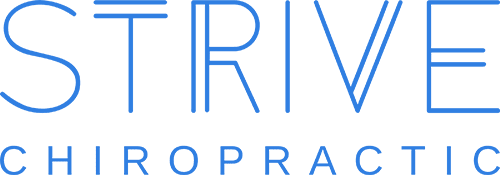The Road to Recovery After a Rideshare Accident
The Road to Recovery After a Rideshare Accident
Lyft, Uber, and other rideshare services have become increasingly popular, but that also means that rideshare accidents are on the rise as well. Car accidents can cause a tremendous amount of issues in a person’s life, and rideshare accidents are no different. That’s why it is important no matter what type of car accident you are in that you seek immediate medical treatment to ensure your legal rights are protected and that you start the healing process as quickly as possible.
Injuries are not always obvious right after a car accident. The shock of the accident and adrenaline rush will often make you feel fine, or a bit shaken up, for a few hours masking your underlying injuries.
While some injuries are minor and mere bumps and bruises, others may be significant including broken bones, injured vertebrae, torn ligaments, or head injuries. Common medical conditions after a motor vehicle accident include:
- Neck pain and/or whiplash
- Back pain and/or disc injuries
- Sprains and strains
- Broken bones
- Extremity pain
- Numbness and tingling
- Limited range of motion
- Spinal injuries
- Internal injuries
- Brain injuries
Why Seek Chiropractic Treatment After a Rideshare Accident
The good news is that many injuries can be treated non-invasively by chiropractors. These treatments allow you to avoid long recovery times and even surgery. Chiropractors look at the body as a whole and understand the pathways of pain that you may be experiencing after an injury. Chiropractic treatments reduce pain by addressing the source of the injury and surrounding areas.
Chiropractic treatments can reduce short-term pain and decrease the likelihood of chronic pain that many car accident victims experience because their injuries were not addressed. Chiropractic also decreases scar tissue that can limit mobility and cause additional pain.
What To Do If You’ve Been in a Rideshare Accident
When you call a rideshare service like Uber or Lyft, the last thing you expect to happen is getting into a car accident. Unfortunately, these accidents do happen, and they aren’t something we can control. Whether you are an occasional passenger or frequent with rideshare services, it is important you understand what steps you should take if you are in an accident, even if you think you haven’t sustained injuries:
- Call the Police – Regardless of who was at fault, always get a police report made and ask to receive a copy of the completed report.
- Take Photos – If you are able to, document the damage to both vehicles as well as your injuries by taking as many photos as possible.
- Collect Information – Request the insurance information from the drivers of all vehicles involved, as well as their names and contact information. If there were additional witnesses to the accident, try to get their names and contact information as well.
- Inform the Rideshare Company – Go into the rideshare app and report the accident to the company so they can make a record of the incident.
- Get Immediate Medical Treatment – If needed, call 911 and seek emergency medical treatment. Regardless of the severity of your injuries, you should still get checked out by a chiropractor as soon as possible after being involved in an accident. This will help identify any injuries you aren’t aware of and heal as quickly as possible, as well as help justify medical expenses if you later file a personal injury claim.
Rideshare services have revolutionized transportation. Their popularity and convenience can’t be overlooked, but what happens when you are injured in an accident while riding in one of these vehicles? If you have been involved in a rideshare accident, contact our office for a thorough examination to make sure you don’t suffer long-term from your injuries. Let us help you get on the road to recovery and back to normal as quickly as possible. Schedule an appointment online or call us.
This article is for informational purposes only and is not a substitute for in-person advice or care from a medical professional.

